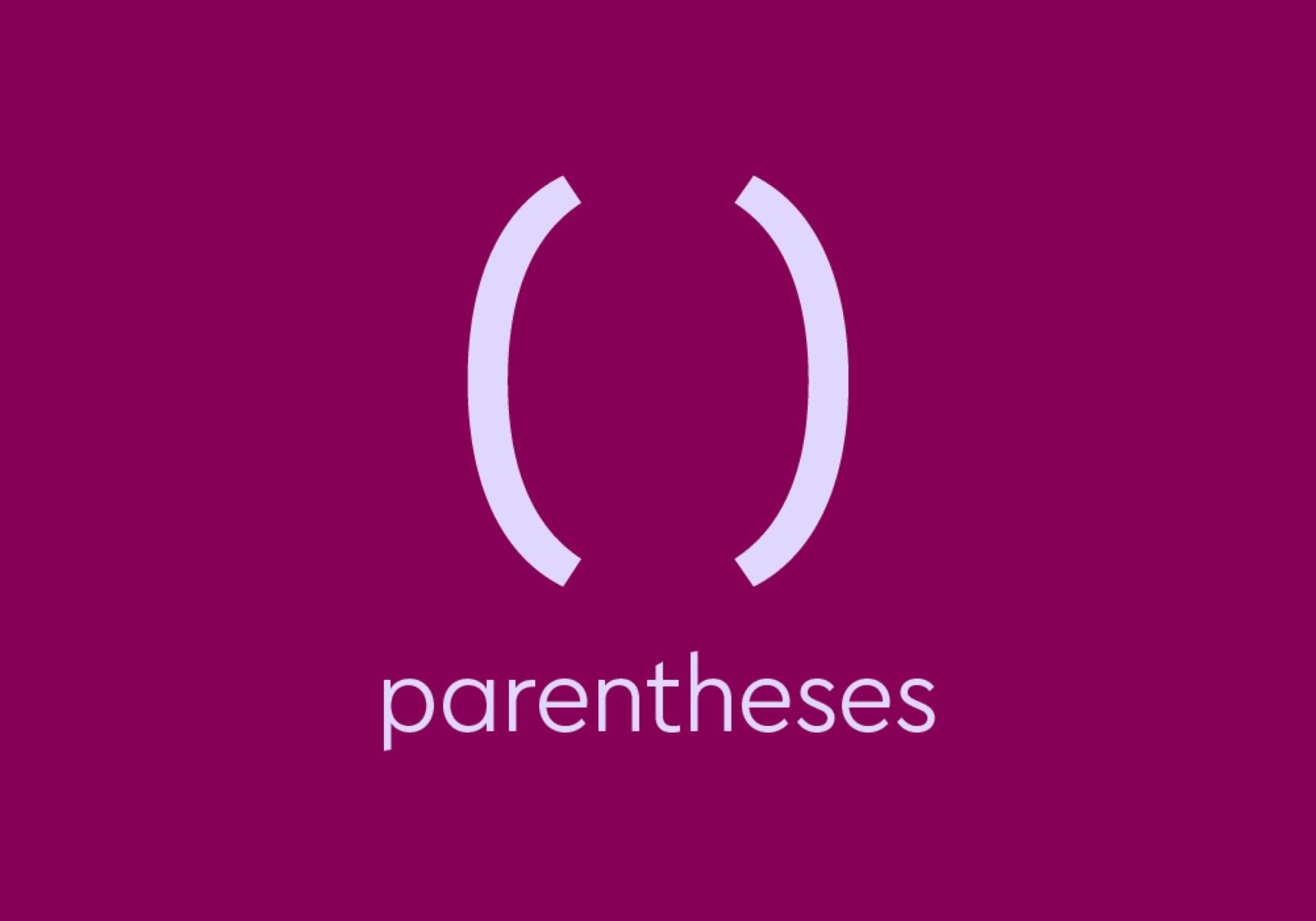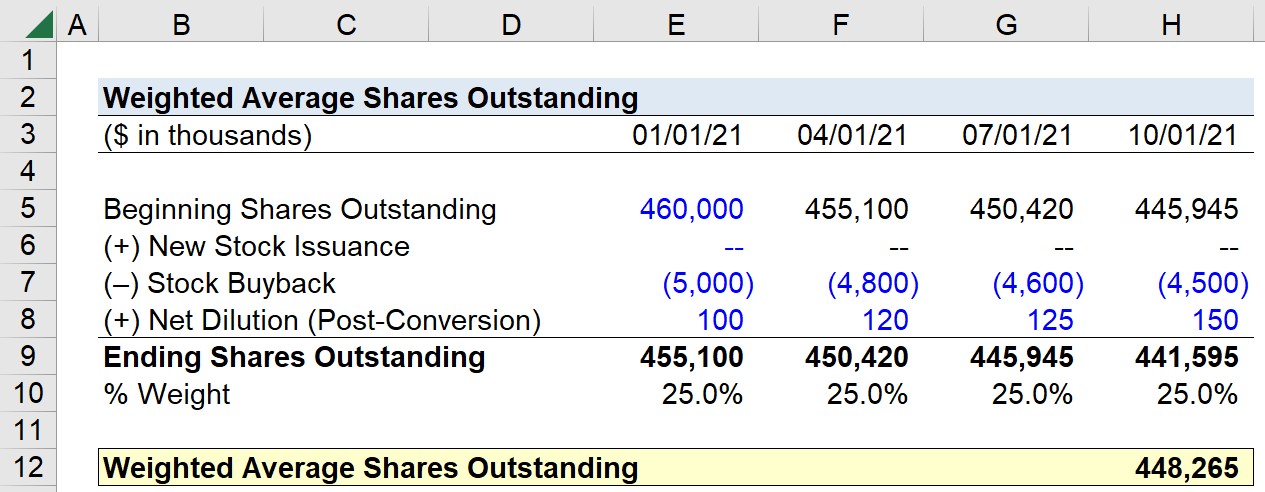Home>Finance>Account Freeze: Definition, Purposes, Time Length


Finance
Account Freeze: Definition, Purposes, Time Length
Published: September 26, 2023
Learn about the definition, purposes, and time length of account freeze in finance. Protecting your financial assets with this crucial security measure is essential.
(Many of the links in this article redirect to a specific reviewed product. Your purchase of these products through affiliate links helps to generate commission for LiveWell, at no extra cost. Learn more)
Account Freeze: Definition, Purposes, Time Length
Have you ever wondered what happens when your bank account is frozen? How does it impact your finances, and for how long does the freeze last? In this blog post, we will explore the concept of an account freeze—what it means, its purposes, and the typical duration of such freezes. By the end, you will have a better understanding of this financial process and how it may affect you.
Key Takeaways:
- An account freeze occurs when a financial institution restricts access to funds in an account for various reasons, including legal investigations, suspicious activities, or court orders.
- The length of an account freeze can vary greatly depending on the nature of the freeze, ranging from a few days to several months.
What is an Account Freeze?
An account freeze, also known as an account hold or account suspension, is a temporary restriction placed on a bank or financial account. This restriction prohibits the account holder from accessing or conducting any transactions using the frozen account. The frozen status ensures that the funds in the account cannot be withdrawn, transferred, or used until the freeze is lifted.
Why are Accounts Frozen?
Financial institutions may freeze accounts for a variety of reasons. The primary purposes of freezing an account include:
- Legal Investigations: Law enforcement agencies or regulatory bodies may request an account freeze as part of an ongoing investigation into suspicious or illegal activities. This freeze helps preserve the funds associated with the investigation and prevents them from being moved or tampered with.
- Fraud Prevention: If a bank suspects fraudulent activities, such as identity theft or unauthorized transactions, they may freeze an account to protect the account holder’s funds. This freeze allows the bank to investigate the suspicious activity and take appropriate measures to prevent further harm.
- Court Orders: A court can order an account freeze in circumstances where there is a legal dispute or pending litigation involving the account holder. The freeze ensures that the funds remain untouched until the court resolves the matter.
- Overdue Debts: In some cases, an account freeze may be initiated due to unpaid debts. Creditors may request a freeze on an account to recover outstanding payments.
How Long Does an Account Freeze Last?
The duration of an account freeze can vary significantly depending on the reason behind the freeze and the specific circumstances. Typically, the length of the freeze ranges from a few days to several months. For instance, a freeze related to a legal investigation may last until the investigation is complete, while a freeze due to an overdue debt may be lifted once the outstanding amount is paid.
Conclusion
An account freeze is a temporary restriction placed on a bank or financial account for various reasons such as legal investigations, fraud prevention, court orders, or debt recovery. The length of the freeze can range from a few days to several months, depending on the circumstances. Understanding the reasons behind an account freeze and its potential duration can help individuals navigate the situation more effectively and seek appropriate solutions.














